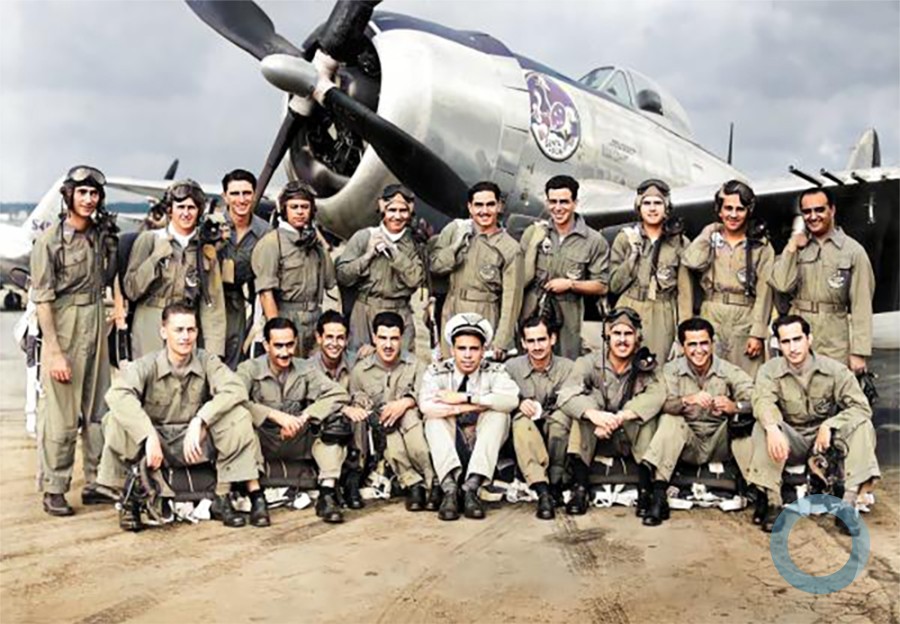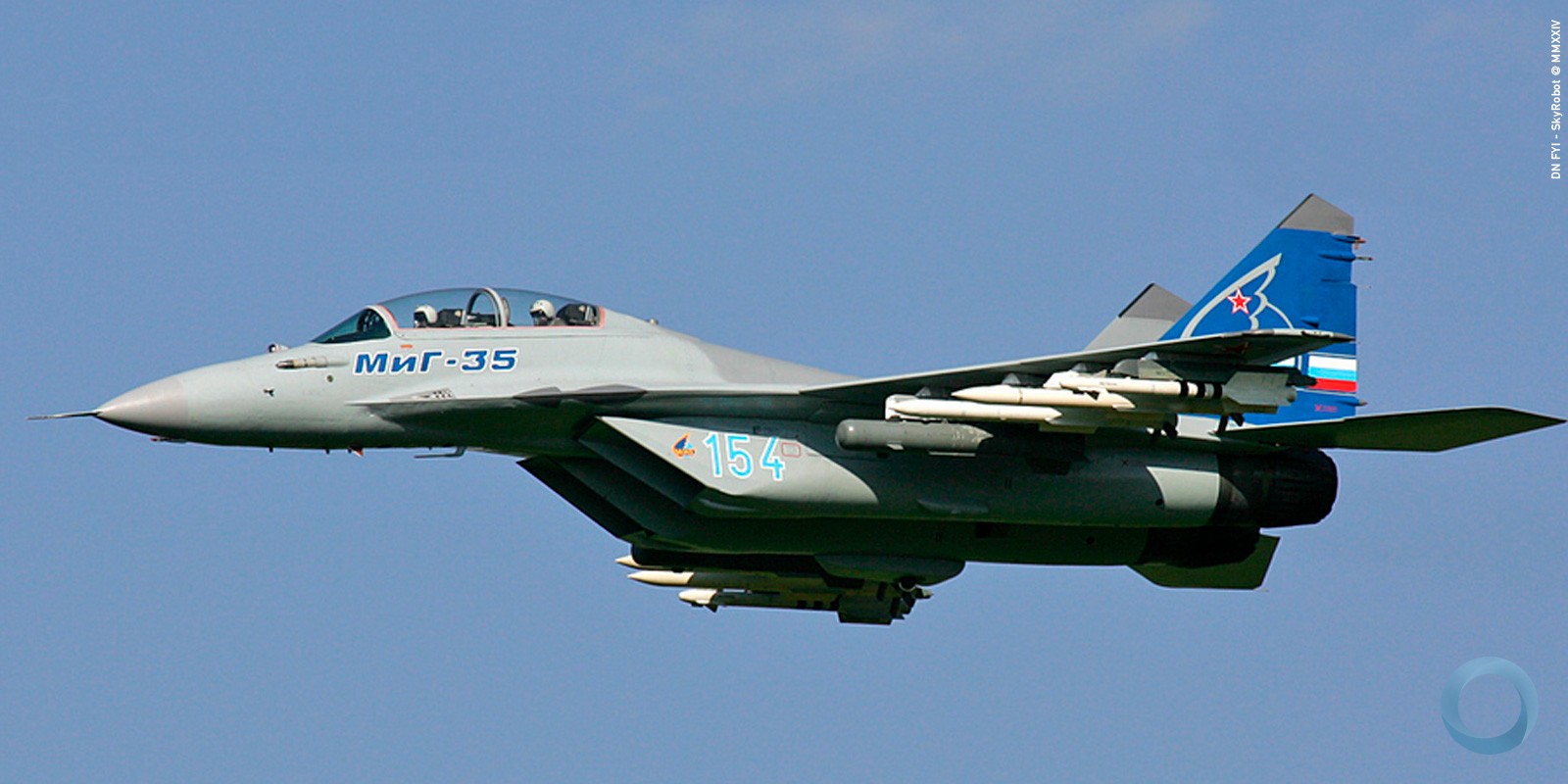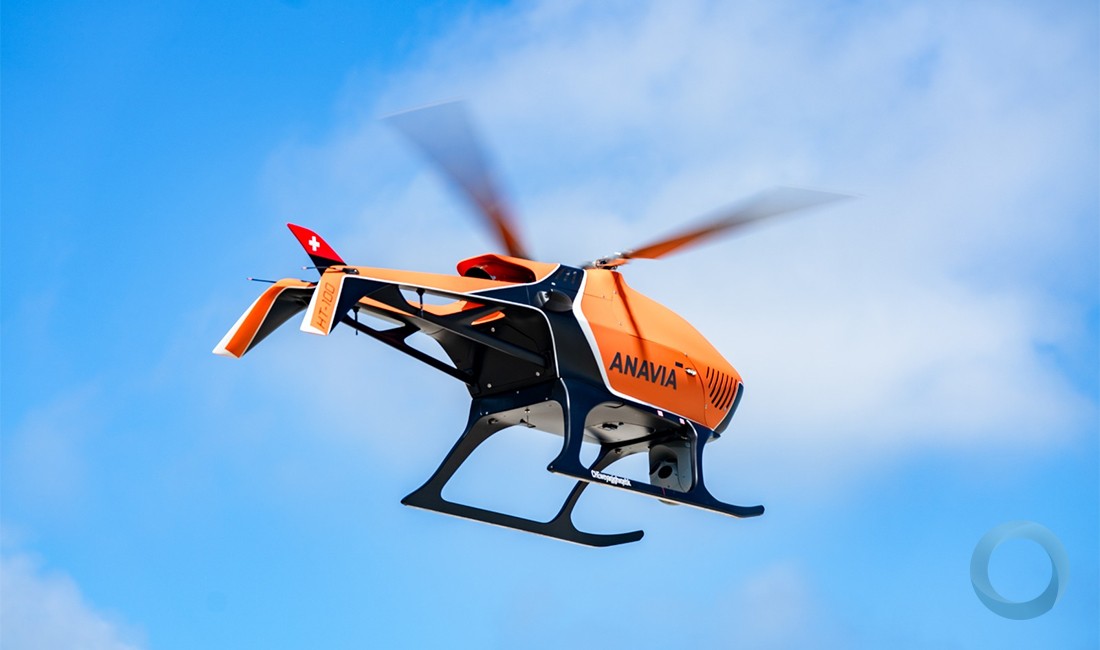HMS Argyll, the first vessel to be fitted with MBDA’s Sea Ceptor, is alongside at DSEI 2017 – marking the world debut of the next generation air defence system.
On 12 September HMS Argyll was also be the location for the formal launch of the Sea Ceptor User Group. Hosted by the Royal Navy, the two-day user group also includes the Royal New Zealand Navy and the Armada de Chile (Chilean Navy).
The User Group has been devised to improve Sea Ceptor’s operational effectiveness through life and to deliver long-term reductions in the cost of ownership. It will enable users to share their experiences of introduction of the Sea Ceptor into service and employment and support of the operational systems, through a community of interest among the employing navies.
Built around MBDA’s Common Anti-air Modular Missile (CAMM), Sea Ceptor is capable of protecting naval forces from the full range of current and future air threats, including the latest supersonic anti-ship missiles, small precision guided munitions and combat aircraft.
Rear Admiral Simon Charlier, Senior Defence and Political Adviser at MBDA said: “Having just successfully become the first vessel to complete an at sea firing of Sea Ceptor, HMS Argyll is the perfect location to host the formal launch of the group. MBDA is committed to always providing the best in-service support for its customers, and the Sea Ceptor User Group will provide a unique opportunity to exchange ideas and experience that will lead to significant benefits for all involved. Sea Ceptor is the future of naval air defence, and I am hopeful that we will soon welcome additional user navies to the club.”
In total six nations have already chosen the CAMM family to provide their future air defence capabilities in both the maritime and land domains. In British Army service the system is known as Land Ceptor – which is also making its debut at DSEI 2017 – while for the export market it is known as EMADS (Enhanced Modular Air Defence Solutions).
By purchasing the same missile to meet the air defence needs of both the British Army and the Royal Navy, development costs are significantly reduced and both services are able to utilise a common stockpile that will significantly reduce procurement and support costs.





























